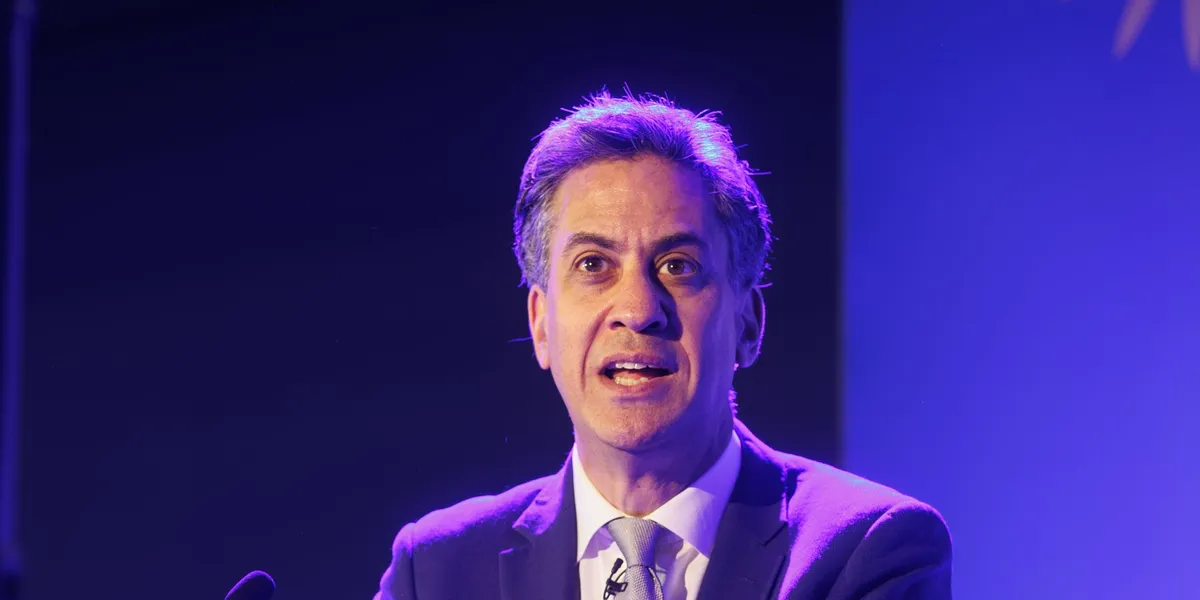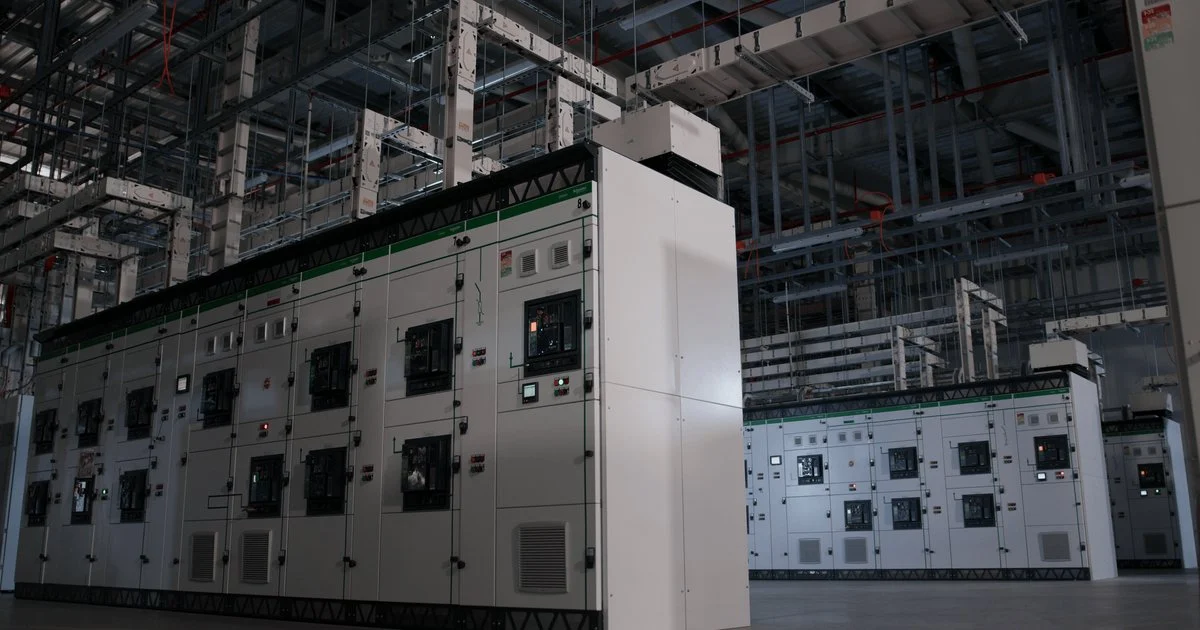The UK government has opted not to support a £24 billion ($33 billion) project designed to import large quantities of solar and wind energy from Morocco. This decision comes despite the project receiving recognition as ‘nationally significant infrastructure’, which suggests a level of importance in the context of the UK’s energy needs.
The ambitious plan proposed a subsea cable connecting Morocco’s renewable energy resources to the UK grid, aiming to deliver clean energy to British consumers. Proponents argued that the project could significantly contribute to the UK’s renewable energy targets, especially as the nation seeks to transition away from fossil fuels.
However, current funding mechanisms for renewable energy projects, particularly the Contracts for Difference (CfD) scheme, are facing budget constraints. The CfD scheme, which guarantees a fixed price for electricity generated from renewable sources, has seen its funding pots squeezed, limiting the availability of financial support for new projects.
The UK’s decision highlights a broader challenge facing international renewable energy collaborations. While many countries are exploring cross-border energy trade to enhance energy security and reduce carbon emissions, financial viability remains a critical obstacle.
As the UK government shifts its focus, it may increasingly prioritize domestic energy generation projects, particularly in offshore wind and solar power, which have seen rapid growth in recent years. This pivot could affect future international partnerships aimed at diversifying energy sources and achieving climate goals.
In summary, the UK has chosen to withdraw support for the Moroccan wind power cable project, indicating a potential shift in strategy towards domestic energy investments amid tightening funding for new renewable initiatives.




